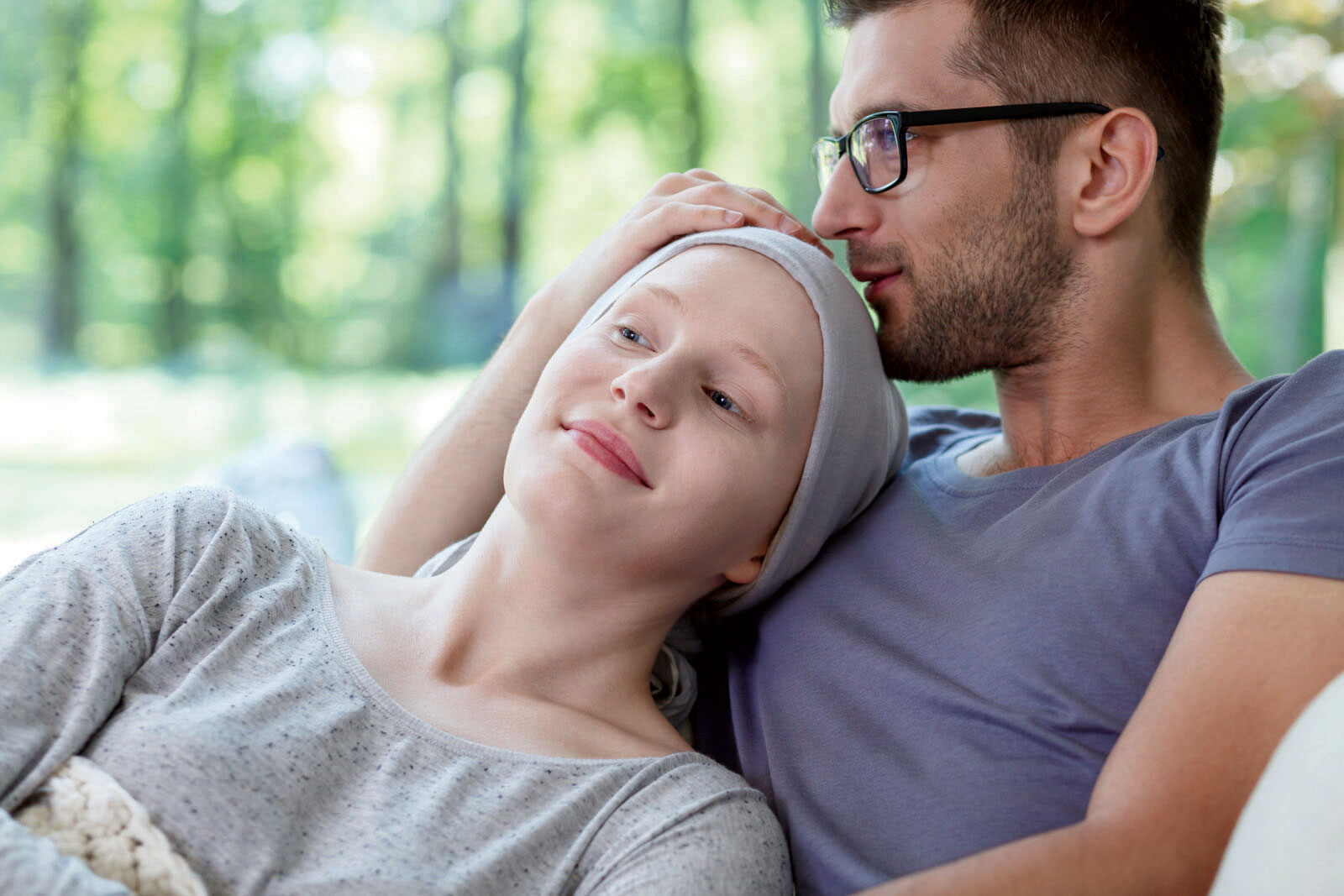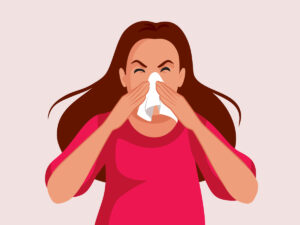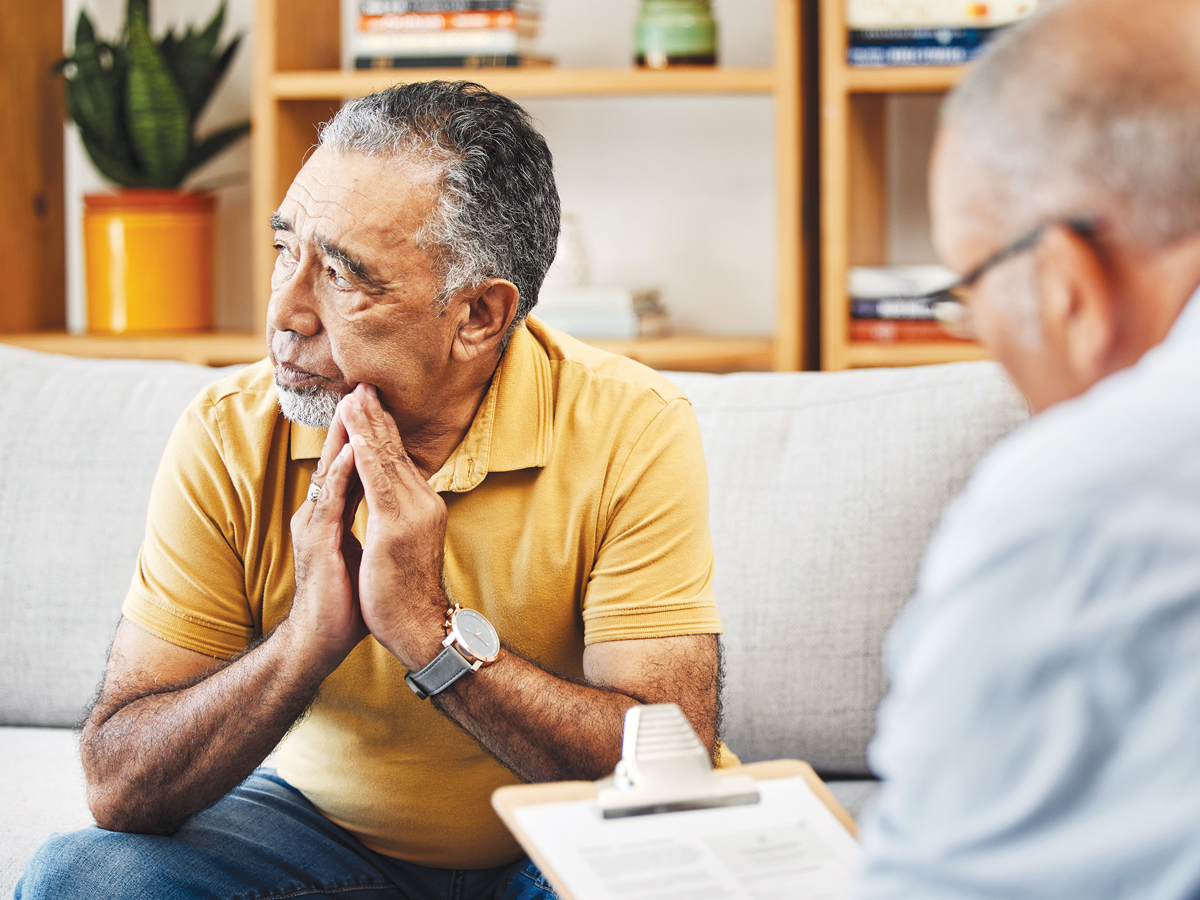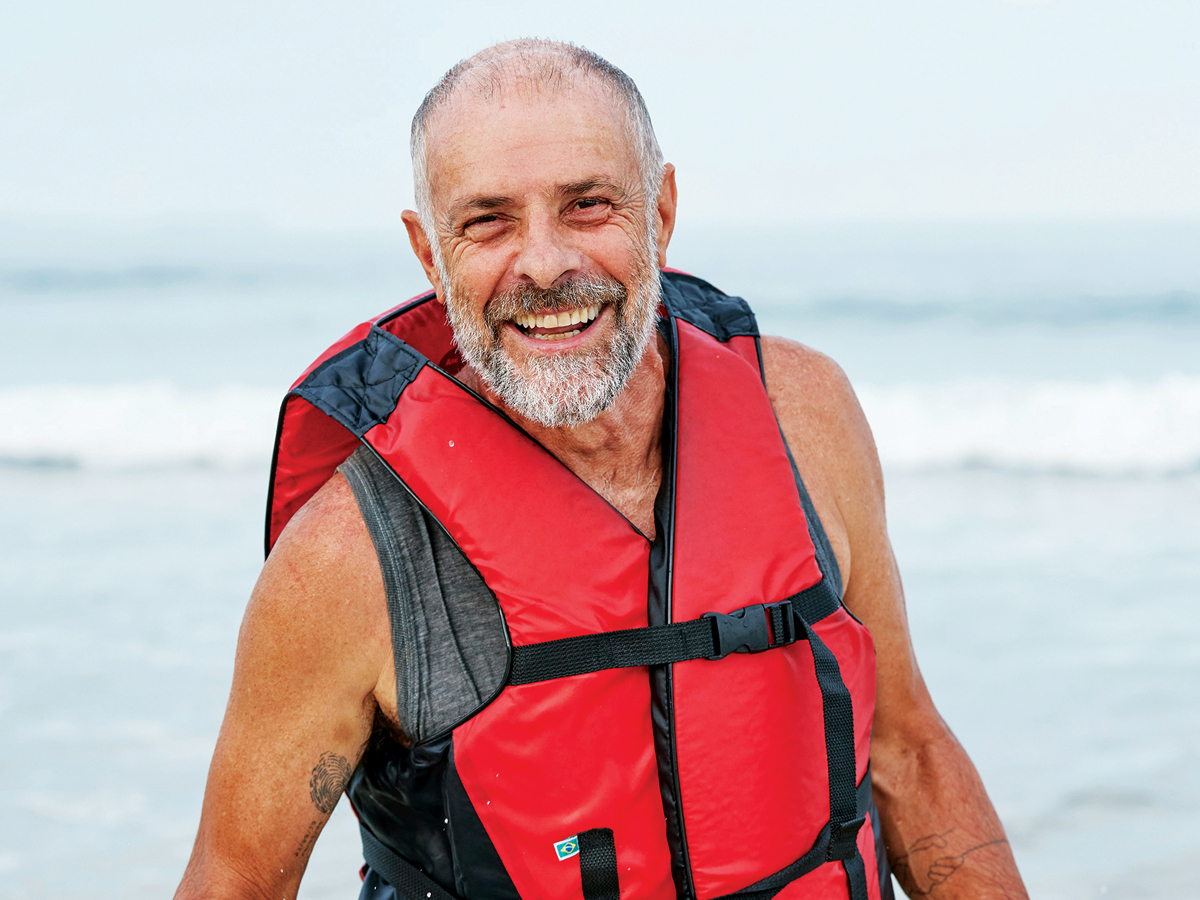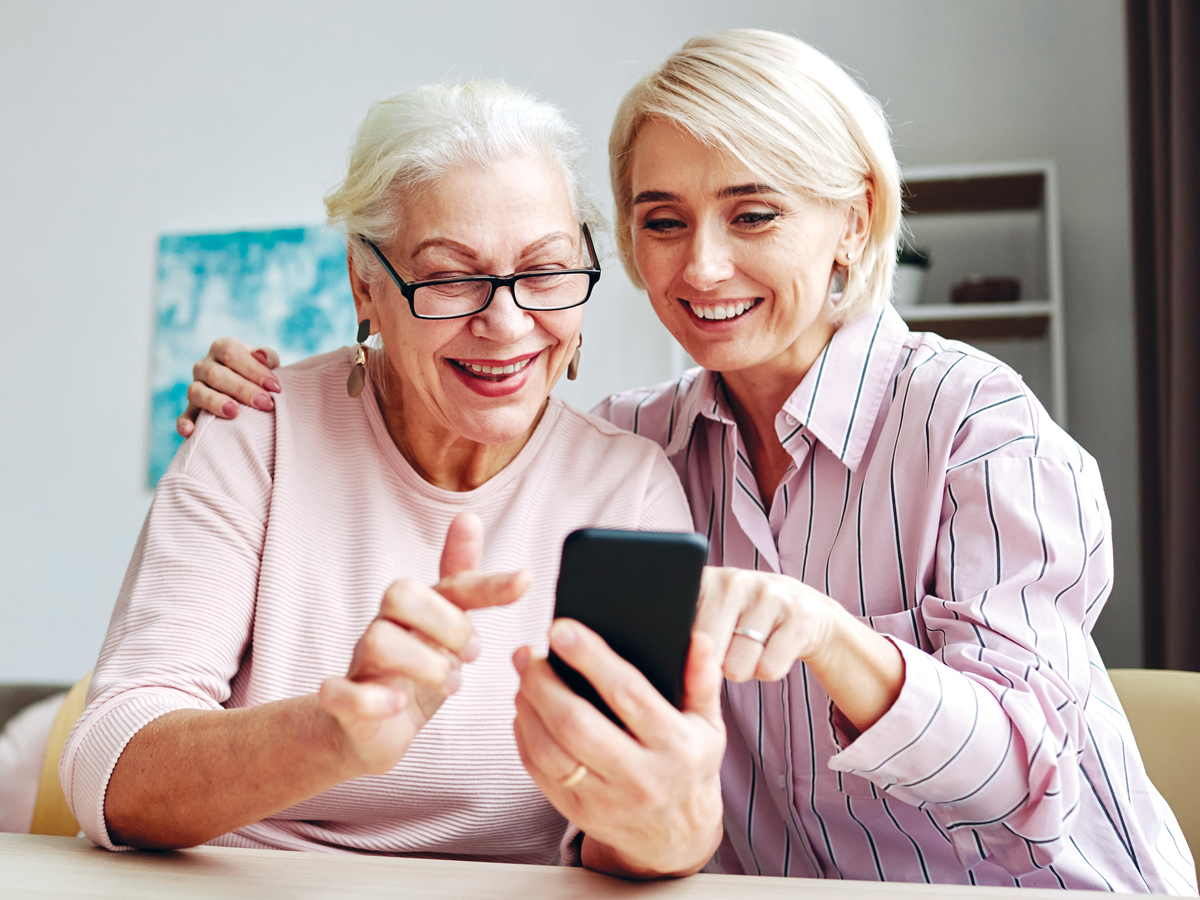Finding out about cancer often comes as a shock. Perhaps you’ve never been throughsomething like this with a friend or family member. What should you say? What should you do? How should you act? There are many ways to help:
Listen first
Not sure what to say? Sometimes the person may not want to talk. But that doesn’t mean they don’t want you there. Often, it’s enough just to sit quietly with your friend. Your company matters most. When neither of you feels like talking, you can still be supportive by doing things together. Take an easy walk, watch a movie, listen to music — do whatever it is that first brought you together. Let them lead. There’s no need to offer advice or opinions unless you’re asked. Just be there!
Saying the wrong thing
There are no perfect words, but “What are you feeling?” can be a better conversation starter than “How are you feeling?” Use words that show interest, concern, encouragement and support. You might start with:
• I’m not sure what to say, but I want you to know that I care about you.
• I’m thinking of you. Sorry that you’re going through this.
There are some things that people with cancer don’t want to hear. It’s not helpful to be told that someone else had the same cancer and it was horrible, or that they shouldn’t worry… they have a “good kind of cancer.” And even if you’ve had cancer, remember everyone’s experience is different. So, try not to say that you know how it feels.
Learn about the type
Cancer comes in many forms with different effects. There are at least 100 types … do some research and/ or ask a caregiver or someone close for important facts. Prepare yourself for changes in how your friend looks and acts. They may lose hair or gain weight, or they may be exhausted from treatment. How would you want to be treated? Follow your own advice.
The right time to visit/chat
A visit, when COVID-19 isn’t a risk, or a call can boost their spirits and yours, plus give caregivers a much-needed break. However, give them a chance to say no. Never take it personally if they’re tired, cranky or too ill for a visit. Make plans for a visit another time. BTW… turn off your phone and give your undivided attention. Try to make future plans. It gives you something to look forward to and both of you something fun to talk about.
Over 80% of female breast cancer cases are detected early (in stage 1 or 2). -Stats Can
Let your friend be sad
Don’t be afraid to laugh and have fun — but allow emotional space for sadness too. Even if treatment is going well, serious things like fears for the future might come up. Listen and encourage discussion with family and loved ones. Acknowledge that what they’re saying is important. If the person cries, reassure them that it’s okay. Tears are a natural response to distress and may be an important release.
Be specific
When a person has cancer, they are often overwhelmed emotionally and physically. There are lots of practical ways to help:
- Walk their dog.
- Feed their cat.
- Do the laundry.
- Clean their home.
- Pick up the mail.
- Handle online deliveries.
- Shovel the snow.
- Rake leaves.
- Deal with holiday decorations.
- Mow the lawn, weed or water plants.
- Bring ready-made meals to freeze and reheat later.
- Drive to and from medical appointments.
- Shop for or arrange for gifts.
Caregivers need help too
Being the main support for someone with cancer can be tiring. By helping a family caregiver, you’re supporting that friend just as much. Be the point person who makes your friend’s life a bit easier and let others focus on treatment and resting. Recovery takes time… be the one who helps after others have stopped.
Sometimes cancer comes back
If it does, your friend may react and cope differently than the first time. The help and support they need may be different this time too. Each cancer diagnosis is different. So is the reaction of everyone diagnosed. You simply cannot predict how they are feeling or know what they’re going through. Respect your friend’s moods and respect how they choose to cope. And remember where we started. Just staying in touch and listening are among the best things you can do for them.
COVID-19 risks and advice
People with cancer are among the most vulnerable in our communities and at higher risk of severe outcomes from COVID-19. Digital and phone support programs are critical to use for information, reducing anxiety and feelings of isolation.
• National Cancer Helpline: 1-888-939-3333 (TTY 1-886-786-3934)
• CancerConnection.ca is an online community where people can share experiences and build supportive relationships.
• FAQs about the outbreak’s impact can be found at cancer.ca/COVID19.
• Hosted webinar series a twww.cancer.ca/
Excerpted from the Canadian Cancer Society. Visit cancer.ca.

